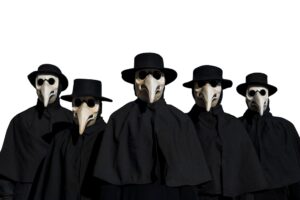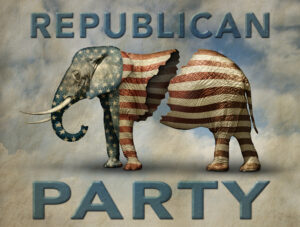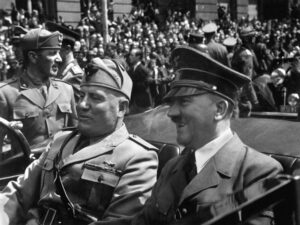From the outset in 1974 (Christopher) Dorling and (Peter) Kindersley were successful hook packagers (they created finished books for other companies to publish). They specialized in large-format, heavily illustrated books on almost any subject. By 1982 they themselves had become publishers, internationally famous for ‘visual guides’ which made complex non-fiction subjects readily accessible. Typical of their many successes are titles like Universe, Earthy History, Animal, and Human; the Eyewitnes series and a host of others usually created by their own teams of writers and editors. Margins are wafer thin, but Dorling Kinders bulldozed its way to the top of its field by sticking to its unmistakable formula. Peter Kindersley – nothing if not passionate about his product – made sure of that.
In 1999 Dorling Kindersley won the right to publish the lavishly illustrated book to accompany the first ‘prequel’ to George Lucas’s Star Wars. Called Star Wars: Episode I – The Phantom Menace, it was the most-hyped film in history. As part of the collateral merchandising, Dorling Kindersley printed 13 million books, expecting a Christmas sales surge. ‘Only’ three million were sold (enough to put it on The New York Times bestseller list) but Dorling Kindersley was forced to announce a £25 million pre-tax loss, of which some £18 million related to Star Wars. Peter Kindersley, the executive chairman, revealed the immediate departure of the chief executive. By giving no details, he appeared to blame him for the loss; but Peter Kindersley was famous for his hands-on approach to major projects, and nobody can name one in which he has not been intimately involved. He stayed, proudly proprietorial.
It was no use. Dorling Kindersley had to go and the Pearson Group (owners of Penguin) bought it. The packager was ultimately clobbered by the ambition that had deterred his earlier partners.
When: January 2000
Where: London, UK
Toll: DK could not have survived the Star Wars fiasco without Pearson – and Peter Kindersley valued his independence above everything. The affair caused what one well-known media analyst called a ‘sea change’ in subsequent film merchandising deals.
You should know: Christopher Davis, a Dorling Kindersley board member for 25 years, wrote: ‘It would be intriguing to hear Peter Kindersley… give an insight into those conflicts that arise from Founder’s Syndrome… is there ever a satisfactory exit point for the founder and chief architect of a creative business forged largely in his own image? How does he resolve the Faustian pact which decrees that the price for personal wealth is to lose control of your creation? I can only guess …’






















